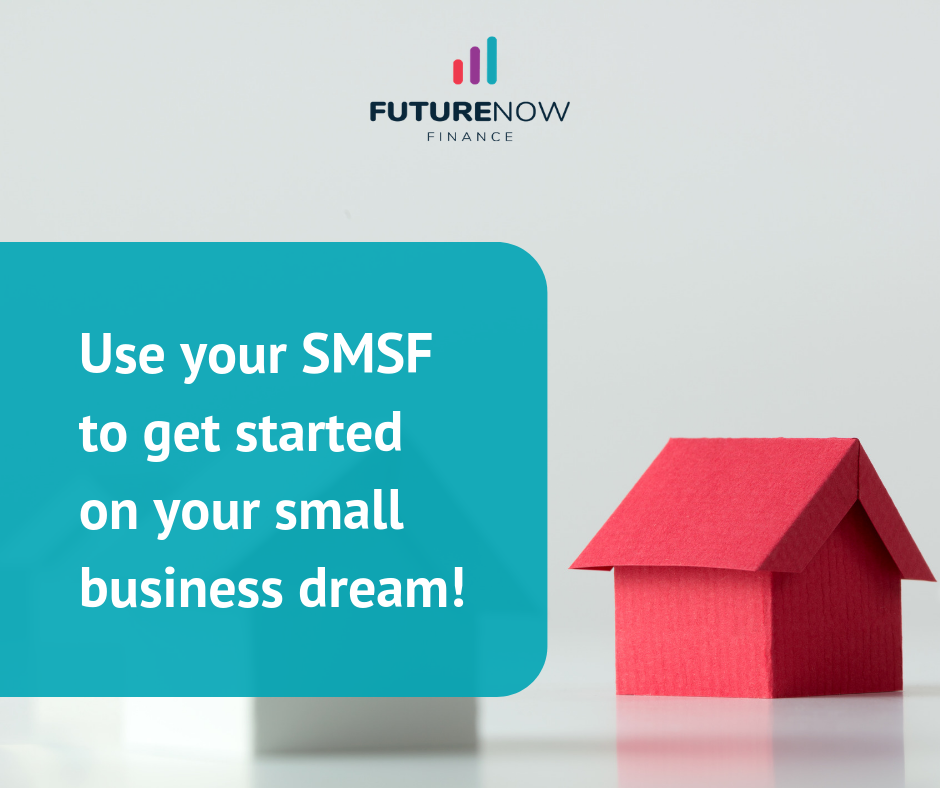Those who currently have a Self-Managed Super Fund (SMSF) would know that it is an excellent method for you to gain more control of your superannuation. Now with the ability to purchase a commercial property through a SMSF, it is a huge advantage for small business owners like you. Whether you are looking to expand from online to brick and mortar, would like to transition from leasing premises to owning or establishing a brand-new business premise, the ability to borrow money through a SMSF can help you get started sooner than you could have otherwise. However, before you jump into the deep end, here are some vital information you must know based on data gathered from HR Block:
How much money do you need to get started?
When it is time to conduct a cost-benefit analysis to determine whether this investment is worthwhile, you will need to consider all the costs. The borrowing requirement through a SMSF is much stricter than a standard property loan, and it comes with a higher price where most financial institutions will require your SMSF to have at least $250,000. The reason for this large sum of money is, so you have enough money to diversify your investment and not put all your eggs into the property market. This is due to the risk of losing all your superannuation fund if it is not invested wisely. While this requirement is set in place to protect you, the large sum of money can be a deterrent for some, luckily there is an option to combine your SMSF with your partner’s SMSF to reach the $250,000 requirement. Other costs to consider are legal fees, stamp duty, bank fees and ongoing property management fees. Your financial advisor can help determine the best solution for you.
How much can you borrow?
Keep in mind that borrowing through a SMSF comes with stricter rules and regulations, so in some cases, you may not receive the full amount you were after. How much you can borrow will depend on your financial institution, but it is usually somewhere between 65% to 80% of the property value. In addition to that, you will most likely require to contribute a larger amount of deposit, but again, this will depend on your financial institution and the value of your property. The financial institutions often recommend that you have a deposit of between 20% to 40% of the property value.
What are the benefits of a SMSF?
A significant advantage of purchasing a commercial property through a SMSF is the benefit of tax reduction because we all know how frustrating it is to work hard and not receive the full reward for it. When you purchase a commercial property through a SMSF, you will only need to pay a maximum of 15% tax on the rent or capital gains that the property receives, as opposed to the maximum of 45% tax if you were to purchase the property using your savings. After you own the commercial property for more than 12 months, the capital gains tax liability reduces to 10%.
Also, if your expenses exceed your income, it is considered a taxable loss and can be offset by future taxable income. However, keep in mind that the losses cannot be offset against your personal taxable income outside the fund. Lastly, assuming that you keep your commercial property until retirement, once you start receiving a pension, any rental income or capital gains arising in the fund will be tax-free. All these benefits will help you save money and can be used to pay off other expenses and improve your business in the long run.
How does it work?
Once you own the property, you will still need to pay rent directly to your SMSF. How this works is that your SMSF will own the commercial property and leased it back to you. Under the superannuation law, there are a few strict rules; the rent payment must be made at market price and paid promptly in full on each due date. The property must also pass “the sole purpose test” where the yield and expected growth in property value must be enough to provide retirement benefits for you. At the end of the day, the purpose of a SMSF is to set you on your way to a comfortable retirement, so you must ask yourself if the commercial property you want to purchase will achieve that goal.
Who is it not right for?
Borrowing through a SMSF is not advisable if you’re looking for a property to renovate or if your current income is too low to keep up with the cash flow, considering the strict requirements for rent payment. Keep in mind that this is a long-term investment and not a short-term money-making scheme. The main idea is that the commercial property you are going to purchase will generate enough capital gain to pay off your loans and replenish your SMSF.
If you currently have a SMSF and would like to learn more about the opportunity to purchase a commercial property, get in touch with Sarah from FutureNow Finance on 1300 013 730 or email sarah@futurenowfinance.com.au to discuss your future business plans. If you know anyone who is interested in setting up a SMSF share this article and get in touch today.

